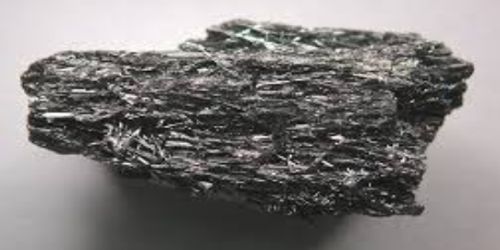Burnout is a state of emotional, physical, and mental exhaustion caused by prolonged and excessive stress. It can lead to decreased job performance, decreased productivity, and decreased job satisfaction.
Previous studies suggested that previous burnout workers get the short end of the stick when they apply to a new company. But how would burnt-out workers perform if they were up for a promotion in their current company?
Research from Ghent University recently published in the European Sociological Review offers solutions.
In a test, the researchers questioned 405 American and British managers if they would choose fake colleagues for a promotion at work. A total of 1,620 candidates for promotions were evaluated, and some of these workers had gaps in their employment history. The reasons for their employment breaks ranged from burnout to parental leave to sick leave due to an accident.
To increase the chances of success in the workplace, it is important for employees who have experienced burnout to prioritize self-care and work-life balance, and for employers to provide supportive work environments and resources for managing stress.
Our data suggest that a history of burnout had the largest impact of all information provided on our promotion candidates. For instance, in their ratings of candidates, managers assigned a higher weight to a history of burnout than employees’ performance records or tenure.
Philippe Sterkens
Burnout is most detrimental to promotion prospects
The likelihood that an employee with a history of burnout would be chosen for a promotion was the lowest of the employee characteristics described. On the other hand, those workers who had a continuous employment history had the highest possibilities. Compared to the latter candidates, (ex-)burnout patients received 34 percentage points lower promotion propensity scores.
“Moreover, our data suggest that a history of burnout had the largest impact of all information provided on our promotion candidates. For instance, in their ratings of candidates, managers assigned a higher weight to a history of burnout than employees’ performance records or tenure,” says Philippe Sterkens, Ph.D. candidate (Ghent University).
What do recruiters think of promotion candidates with a history of burnout?
In addition to ranking candidates for advancement overall, supervisors evaluated them for ten traits that prior research revealed would explain why burnout-prone employees are treated poorly.
These findings support the stigmatizing beliefs that exist about burnout syndrome. Managers anticipate that previously burned-out employees will be less resilient to stress, have less leadership potential, and set a poor example for others.
“However, we found that other stigma could explain additional parts of the puzzle. For instance, the employees with a burnout experience received significantly lower scores for motivation and current health from the managers,” says Professor Stijn Baert (Ghent University).
Policy perspective
Our goal is to encourage businesses to embrace a more diversity-friendly policy by encouraging them to fairly evaluate employees who have recovered from burnout when making promotions.
Although there has been much talk over unfair treatment throughout the employment process, this study demonstrates that unfair treatment does not end when individuals join businesses.
“Furthermore, our findings argue against the implementation of labor market reintegration policies and interventions with an exclusively short-term focus, which approach return-to-work as a dichotomous variable. Clearly, burnout syndrome’s negative career impact remains a threat in the longer-term,” says Philippe Sterkens, Ph.D. candidate (Ghent University).
This study was published in the peer-reviewed journal European Sociological Review. It is part of the doctoral research of Philippe Sterkens, under the supervision of professors Stijn Baert and Eva Derous, and is written in collaboration with doctoral researcher Claudia Rooman.
















